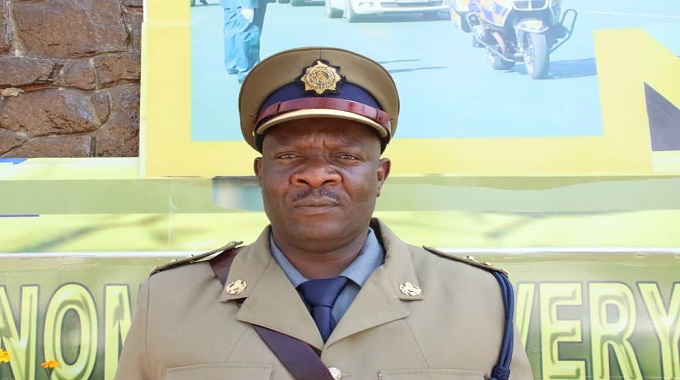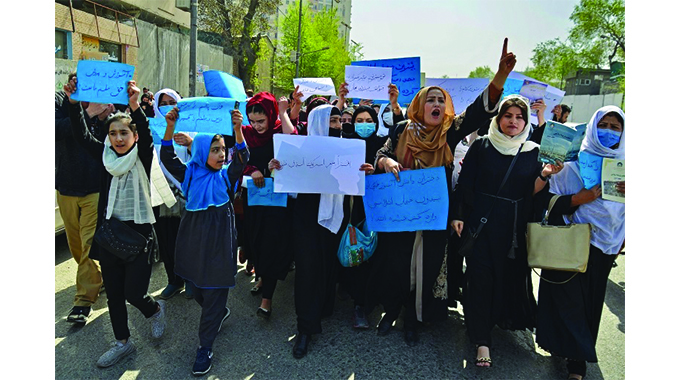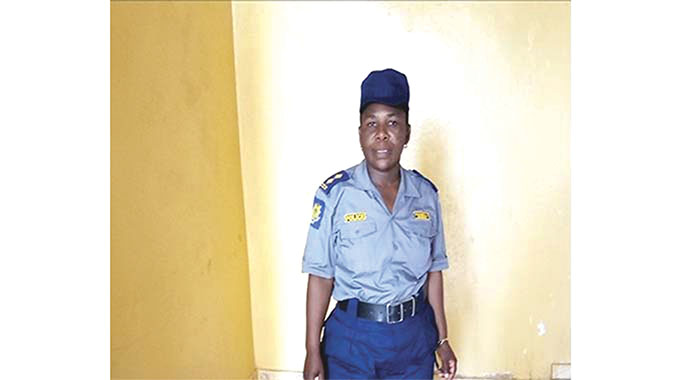Rise in rape cases derails reduction of HIV infections

Thandeka Moyo-Ndlovu, Senior Reporter
THE continued rise in rape cases in Bulawayo could derail progress towards reducing new HIV infections, especially among women aged between 10 and 24 years, who are the most vulnerable to sexual abuse.
This comes amid revelation by police that trending rapist Prosper Bhule, who has been raping women since 2018, has accounted for seven more cases bringing his total number of victims to 25.
Besides Bhule, who has been arrested, police have raised concern about the rising cases, especially involving step fathers, landlords and other relatives, who have been pouncing on young girls.
New HIV infections among women are more than double the number of infections in men. Of concern is the prevalence of new infections in vulnerable communities where there are domestic challenges.
Bulawayo has the third highest HIV prevalence rate in Zimbabwe at 13,77 percent, which is also higher than the national average which is 11,8 percent.
Matabeleland South has the highest prevalence rate at 20 percent There are about 86 190 people living with HIV in Bulawayo.
The National Aids Council (NAC) Bulawayo provincial manager Mrs Sinatra Nyathi bemoaned the rampant sexual abuse cases saying they could trigger new HIV infections.
“In violence there is usually no protection and we know that gender-based violence is a key driver of HIV in Zimbabwe. If we don’t address GBV, we will continue infecting each other because where there is violence people cannot negotiate for safer sex,” said Mrs Nyathi.
She said most of the victims of sexual abuse are those aged 10 to 24 years and is the age group which cannot easily report sexual violence.
“Most of the time women feel guilty and think they did not dress well. We, however, encourage early reporting so that victims can easily access post exposure prophylaxis and be treated for STIs,” said Mrs Nyathi.
She said reporting early also helps avoid teenage and unwanted pregnancies. “I think we should engage men on this and not only think they are rape perpetrators as we have many men who are not rapists.
We need men as our partners to fight these increasing cases so that they stand against rape to help us reduce our new HIV infections, which is part of the fast Track Cities agreement,” added Mrs Nyathi.
Bulawayo provincial police spokesperson Inspector Abednico Ncube said they are worried that rape cases keep increasing daily.
“As ZRP in Bulawayo we are worried about rape cases and we appeal to members of the public to consider safeguarding the lives of the vulnerable girl child.
This previous week we managed to arrest Prosper Bhule, who has accounted for 25 cases of rape so far,” Insp Ncube. He said police have since established that he gathered information on his victims while he was still a malayitsha.
“He knew that his victims’ parents are in the diaspora hence he pounced on them at their respective houses,” said Insp Ncube.
He said some of the rape cases were not being reported because relatives were protecting perpetrators.
“We are concerned about cases involving relatives and stepfathers where women leave their children in the care of ‘trusted ones’ who turn villains.
We have reports of landlords who rape tenants’ daughters and fathers who are pouncing on their daughters,” said Insp Ncube. He said some of the victims were raped after trying to take short cuts through foot paths or bushes.
Insp Ncube said members of the public should be wary of an environment that makes it easy for rapists to pounce. “We urge everyone to report any kind of abuse to police or they can send a WhatsApp message to 0718007788 so that we act on these people who are threatening the lives of children and the vulnerable.
This kind of abuse is not healthy for our community and we invite all members to partner the police in fighting crime,” said Insp Ncube.
In 2020, 257 sexual abuse cases were reported in Bulawayo and males only constituted eight percent of the cases. Statistics from a NAC Bulawayo quarterly report show that 52 orphaned and vulnerable (OVC) girls were sexually abused between July and September last year.
There are fears that the number is not a true reflection of the abuse due to non-reporting by some schools, which were facing Covid-19 pandemic challenges.
Sexual violence, which disturbs the development of children and can lead to lifelong consequences, is most prevalent in females than males.
Fathers Against Abuse (FAA) founder and director Mr Alois Nyamazana recently said men and boys must be taken through sex education and awareness programmes to curb the abuse of women and girls.
“The rise of sexual cases is a sad development and should be shunned by all progressive members of the public. We have also noted that OVC are easy targets when it comes to sexual abuse because they stay in child headed families and sexual predators prey on them as they have no one to protect and fend for them,” said Mr Nyamazana.
He said the problem is rooted in the socialisation of men and boys, who still think life is all about showing sexual prowess.
“Patriarchy could also make men and boys think they can easily force themselves on girls and get away with it,” said Mr Nyamazana. — @thamamoe








Comments